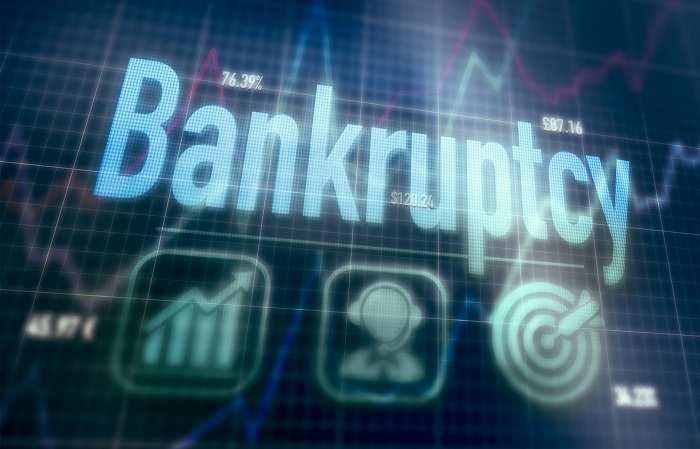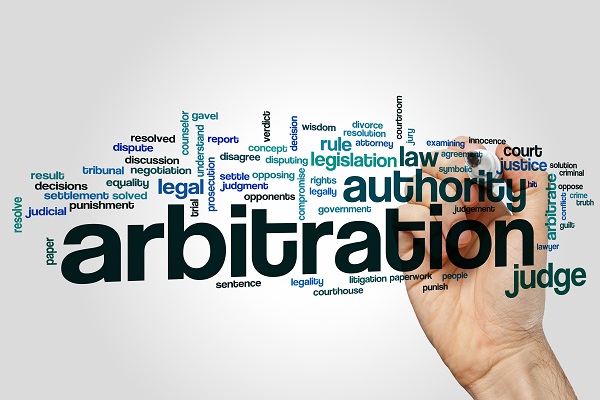The U.S. Bankruptcy Appellate Panel for the Eighth Circuit recently reversed a bankruptcy court’s disallowance of postpetition interest at the default contract rate, holding that “the bankruptcy court erred in applying a liquidated damages analysis and ruling the default interest rate was an unenforceable penalty,” and also erred in weighing “equitable considerations” to avoid enforcing the contractual default interest rate.
Posts published in “Bankruptcy”
The U.S. Court of Appeals for the Eleventh Circuit recently reversed entry of summary judgment in favor of a satellite television provider against a consumer on claims that it violated the Florida Consumer Collection Practices Act by attempting to collect a debt it knew had been discharged in bankruptcy and directly contacting the plaintiff consumer knowing she was represented by counsel.
The U.S. Court of Appeals for the Eighth Circuit recently affirmed the denial of bankruptcy discharge for a Chapter 7 debtor due to the debtor’s failure to keep adequate records.
The U.S. Bankruptcy Appellate Panel for the Eighth Circuit recently affirmed a bankruptcy court’s holding that the contemporaneous exchange for new value defense to a preference action under § 547(c) applied to a creditor bank that released its liens for less than full payment.
The U.S. Court of Appeals for the Ninth Circuit recently rejected a loan servicer’s appeal from a Bankruptcy Appellate Panel’s ruling to remand to the lower bankruptcy court a punitive damages award for alleged discharge violations.
The U.S. Court of Appeals for the Fifth Circuit recently reversed the denial of a lender’s motion to compel arbitration in an adversary bankruptcy proceeding for allegedly violating the federal Truth in Lending Act (TILA), holding that -- despite conflicting clauses in two different relevant agreements -- the parties had entered into a valid arbitration agreement that delegated the threshold issue of arbitrability to the arbitrator.
It has been an extraordinary 365 days for consumer financial services law. I cannot recall a year where so many states introduced legislation or proposed regulations or rules impacting the credit industry. At the federal level, proposed rules for the Fair Debt Collection Practices Act were (finally) released and California also proposed regulations under the California Consumer Privacy Act.
The year 2020 offers to be an interesting one for bankruptcy litigation. With several issues before the Supreme Court, at least one will have a material effect on financial services. In addition, higher credit costs will spur an increase in the number of bankruptcy filings, both on the consumer and commercial side. With the California Consumer Privacy Act taking effect on Jan. 1, it will not be long before we see issues arising from it percolating into bankruptcy cases.
The Bankruptcy Appellate Panel for the U.S. Court of Appeals for the Sixth Circuit (Sixth Circuit BAP) recently reversed a lower bankruptcy court’s ruling that rejected an objection to the confirmation of debtors’ chapter 13 plan asserted by the holder of a claim relating to vehicle financing incurred within 910 days of the bankruptcy petition (a 910 claim).
The U.S. Court of Appeals for the Seventh Circuit recently reversed as excessive a jury’s award of $3 million in punitive damages against a mortgage servicer for inadequate recordkeeping, misapplication of payments, and poor customer service. However, the Court affirmed the jury’s award of $582,000 in compensatory damages and remanded the case to the trial court with instructions to reduce the punitive damages award to $582,000, a 1:1 ratio of compensatory to punitive damages.
The U.S. Court of Appeals for the Third Circuit recently held, in a case of first impression in that circuit, that a secured creditor’s failure to turn over collateral repossessed prior to the filing of the bankruptcy petition does not violate the automatic stay. A copy of the opinion in In re Denby-Peterson is available at: Link to Opinion. The debtor’s automobile was repossessed after she defaulted on her installment loan. She then filed a voluntary petition under Chapter 13 of the Bankruptcy Code, notified her creditors and demanded the return of the automobile. The creditors did not comply, and the…
In a putative class action of borrowers who received mortgage statements after a bankruptcy discharge, the U.S. Court of Appeals for the Eleventh Circuit recently reversed a trial court order denying certification for failure to establish predominance. In so ruling, the Eleventh Circuit held that a mortgage servicer’s affirmative defense that it is not liable under the federal Fair Debt Collection Practices Act (FDCPA), 15 U.S.C. § 1692 et seq., and the Florida Consumer Collection Practices Act (FCCPA), Fla. Stat. § 559.55 et seq., because the only remedy for violating a discharge injunction is under the Bankruptcy Code requires no…












